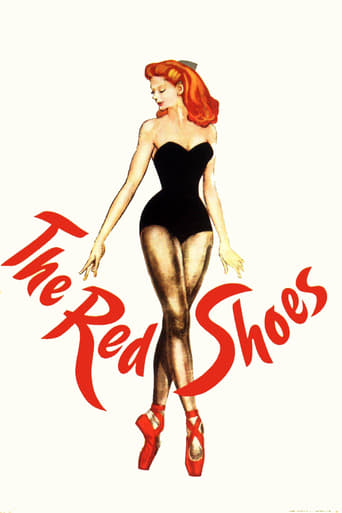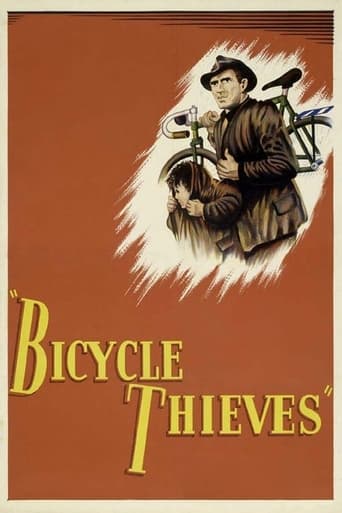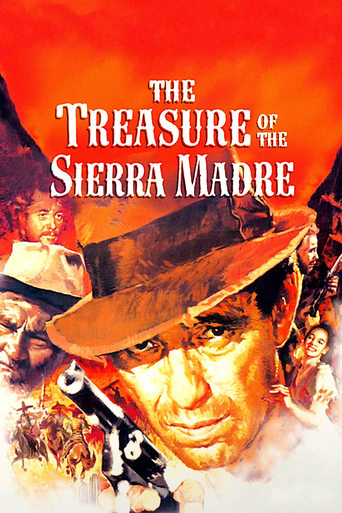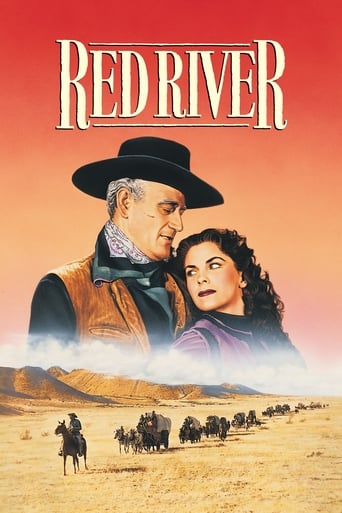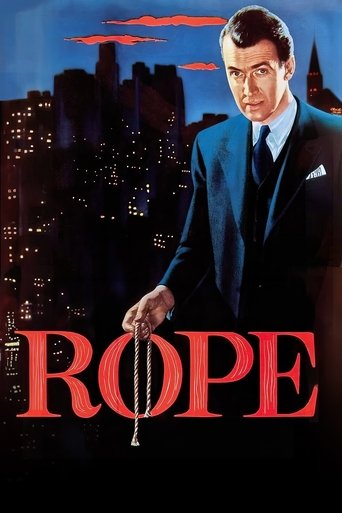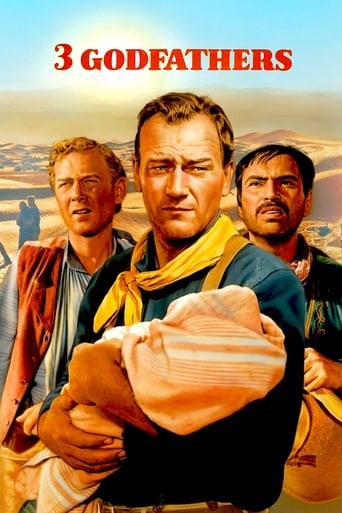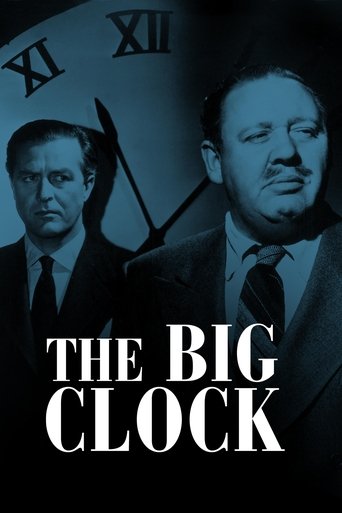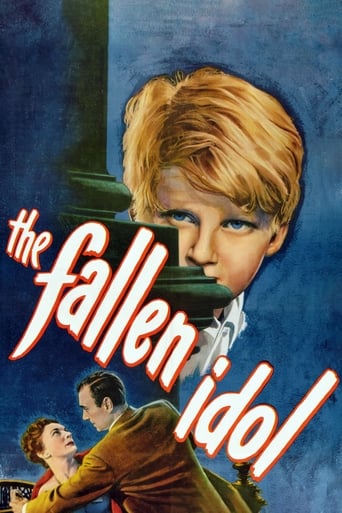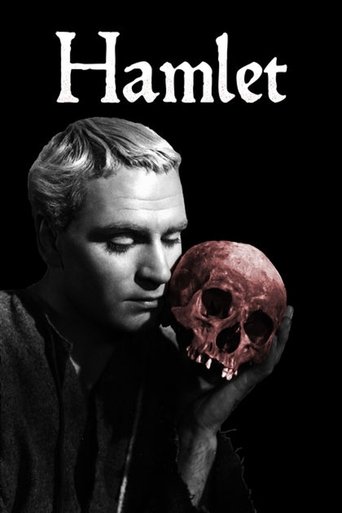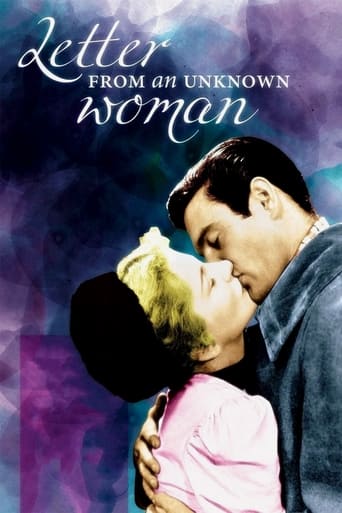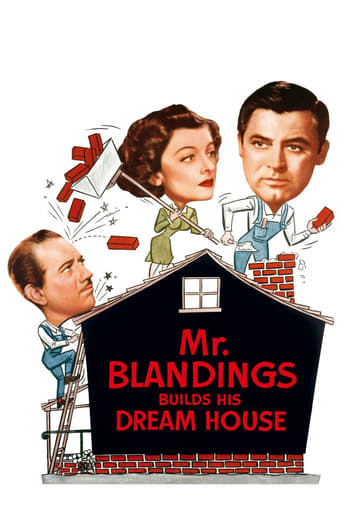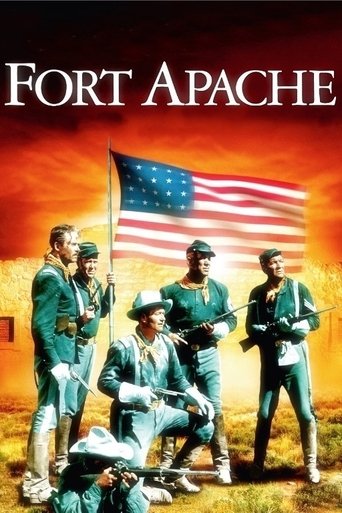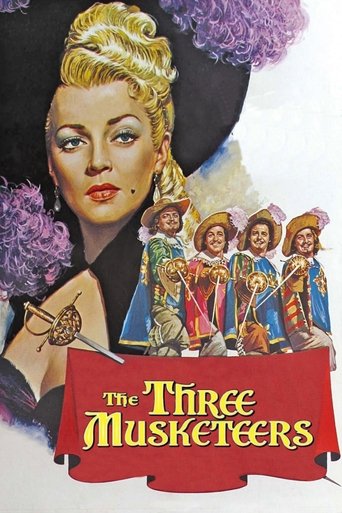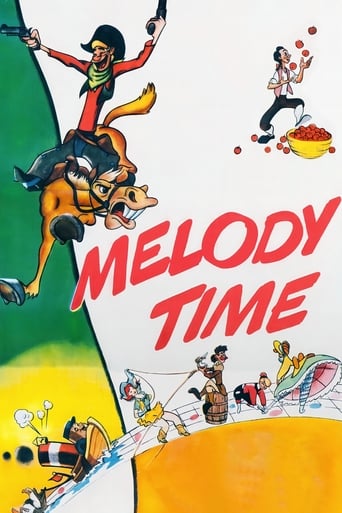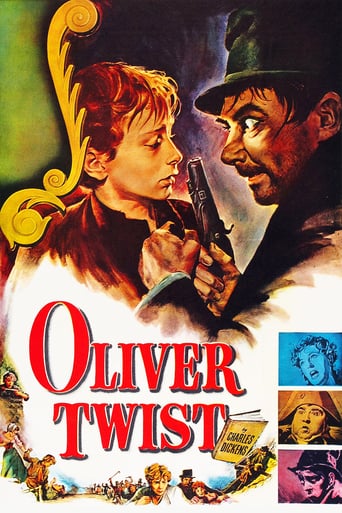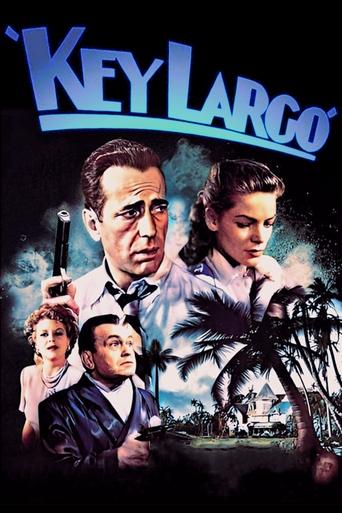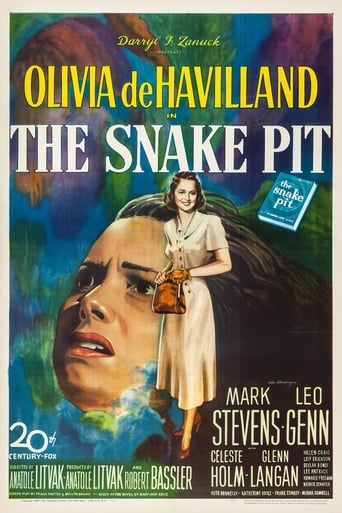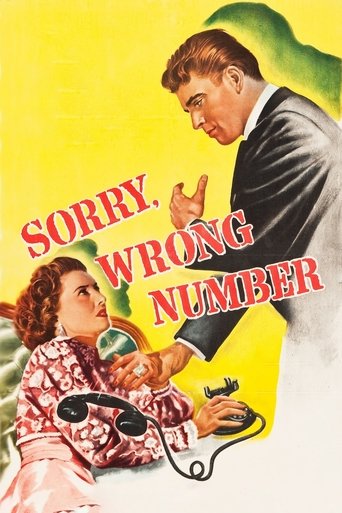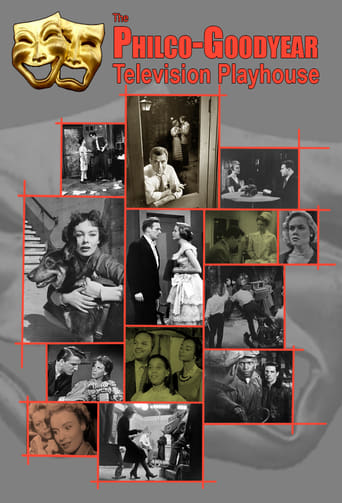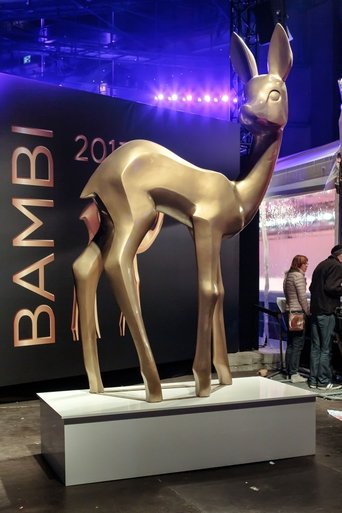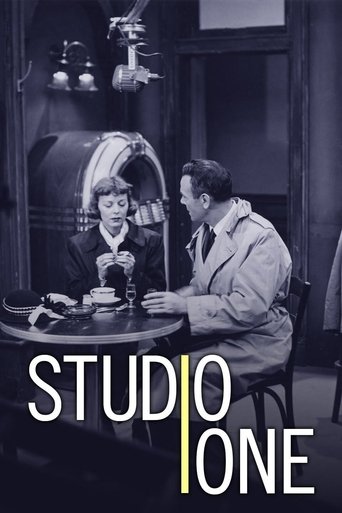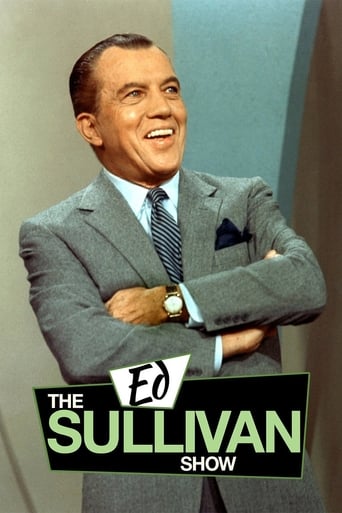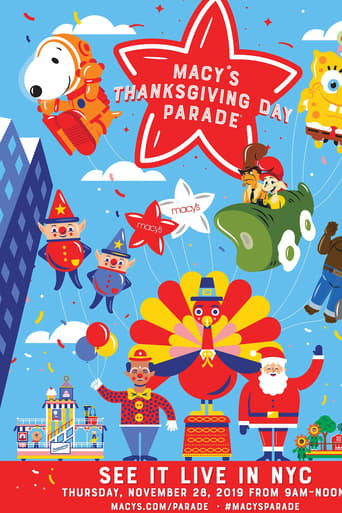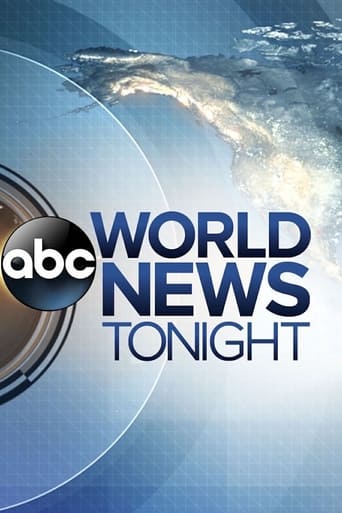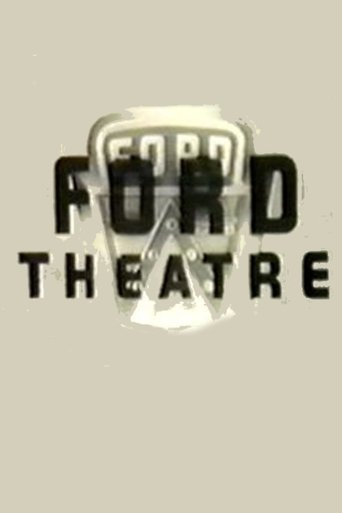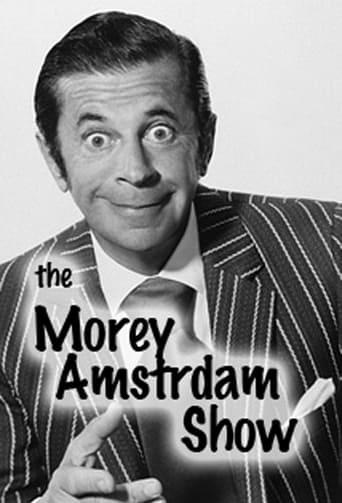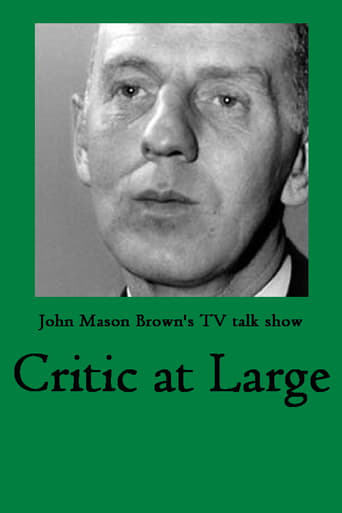Actors Studio is an American TV show which aired for 65 episodes, from September 26, 1948 to October 26 on the fledgling ABC Television Network; then from November 1, 1949 to June 23, 1950 on CBS Television. It was hosted by Mark Connelly.
The series showcased short pieces of adapted, classic and original drama, performed and produced live each week. Among some of the known authors were William Saroyan, James Thurber, Ring Lardner, Edgar Allan Poe, Irwin Shaw and Budd Schulberg. Featured actors included Martin Balsam, Richard Boone, Marlon Brando, Hume Cronyn, Julie Harris, Jean Muir and Jessica Tandy. Recurring performers included Jocelyn Brando, Tom Ewell, Steven Hill, Kim Hunter and Cloris Leachman.
In February 1950, the series moved to Friday nights and was expanded to one hour, alternating every other week with broadcasts of Ford Theatre. In March, the name of the show was changed to The Play's the Thing.
The series received a Peabody Award in 1948 for pioneering in the field of televised drama.
